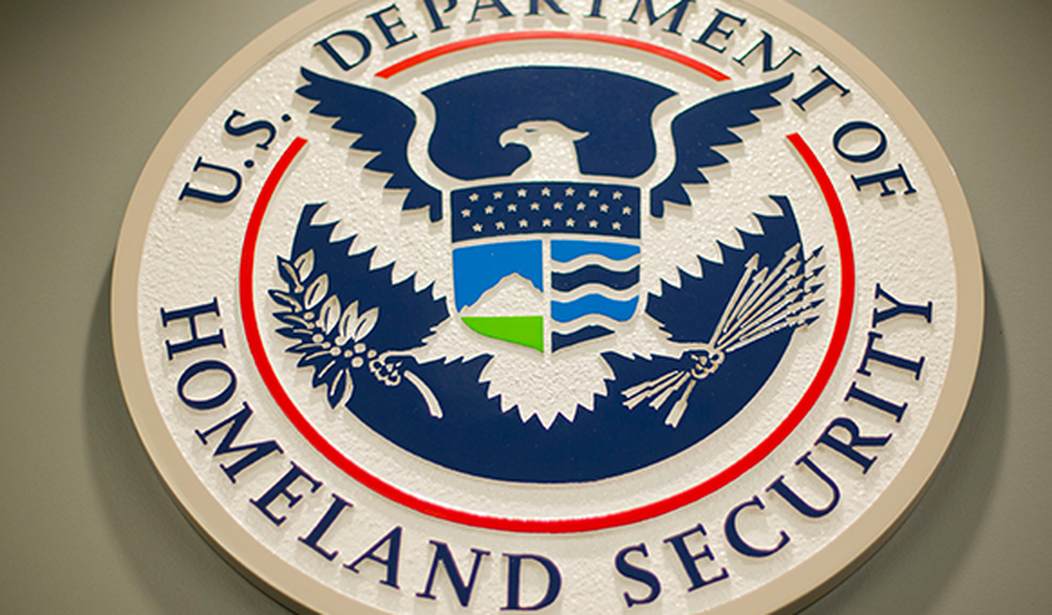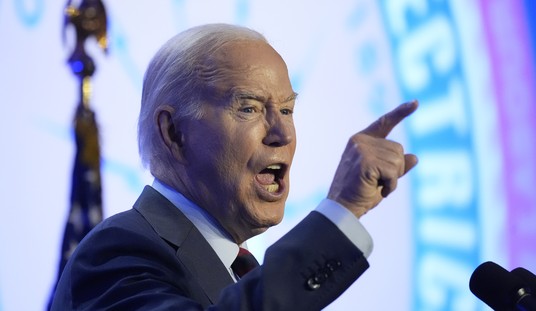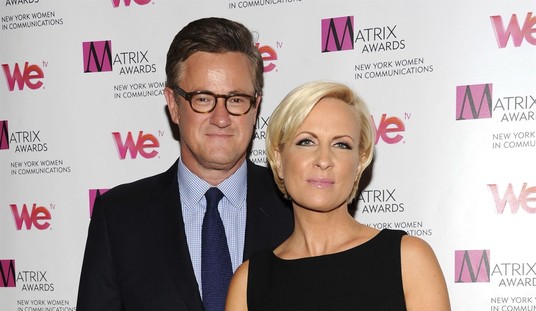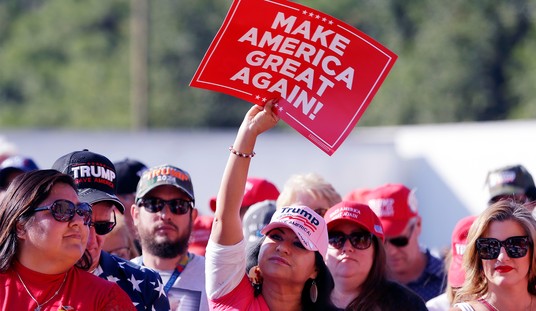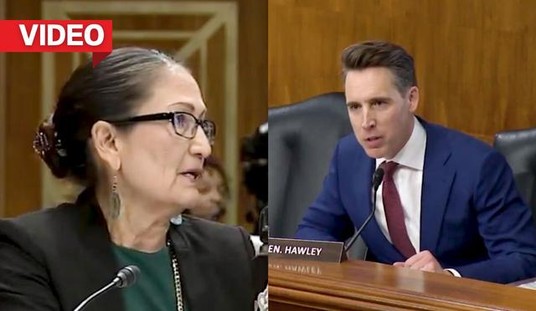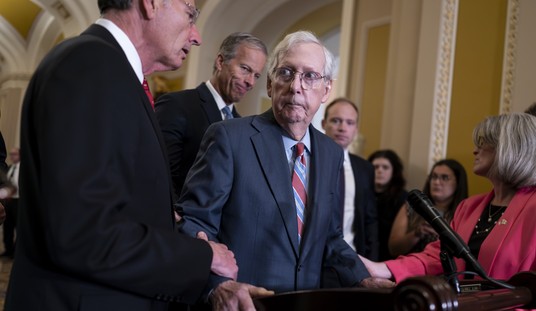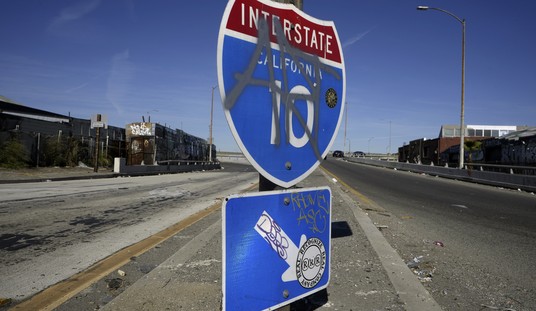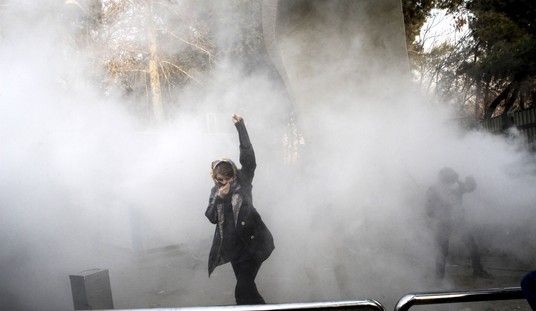The Department of Homeland Security (DHS) published a report last Friday detailing the steps it is taking to identify risks associated with “extremism” within its ranks. The report indicated the agency is monitoring employees’ social media for signs that they might hold beliefs that pose a threat to America’s security. But some of the material in the report might be concerning to those who fear that such an initiative might be more political in nature than protective.
The report refers to an unclassified threat assessment published last year by the Office of the Director of National Intelligence (ODNI), Justice Department (DOJ), and DHS suggested that potential domestic terrorists “who are motivated by a range of ideologies and galvanized by recent political and societal events in the United States pose an elevated threat to the Homeland in 2021.”
The assessment cites “sociopolitical developments such as narratives of fraud in the recent general election, the emboldening impact of the violent breach of the U.S. Capitol, conditions related to the COVID-19 pandemic, and conspiracy theories promoting violence” that would “almost certainly spur some [domestic violent extremists] to try to engage in violence this year.”
The report continues, explaining how DHS is seeking to identify “extremists” in the agency by employing a variety of methods including monitoring social media. It says:
Studies and pilots have suggested that certain online activity may represent behavior of potential concern to national security and could be useful in assessing an individual’s trustworthiness, judgment, or reliability. [Publicly Available Electronic Information], including social media checks, have proven to be of limited value as stand-alone sources of information. However, when coupled with and corroborated by other data and investigative follow-up, the use of PAEI can be a powerful tool in preventing and detecting domestic violent extremism-related threats.
On its website, DHS says it will engage in “increased efforts to better identify and evaluate mis- dis- and mal-information (MDM) with a homeland security nexus, including false or misleading conspiracy theories spread on social media and other online platforms that endorse violence.”
On the surface, this might appear to be harmless. In fact, it seems that the agency is ensuring that potential domestic extremists are not operating within its ranks. The last thing anyone would want is a terrorist working in the agency responsible for protecting America from these types of threats, right?
But the criteria by which the agency intends to judge whether someone is a potential risk seems rather suspect, doesn’t it? The idea that someone who questions the result of the 2020 election could be capable of carrying out a terrorist attack is chilling, considering that about half of conservatives hold this belief. Moreover, suggesting that someone who does not embrace the Democrat-approved narrative on COVID-19 and vaccines might be the type to engage in terrorist activity is also concerning.
While these are not the only identifying factors DHS would use, it does suggest a political bias – one that could be intended to single out employees whose beliefs are right of center. It wouldn’t be the only example of such a possibility.
Remember when the Department of Justice colluded with a teachers union to essentially label parents concerned about far-left ideology in their children’s classrooms as “domestic terrorists”? It was ostensibly designed to target those who made legitimate threats of violence, but could easily be applied to anyone who showed up at a school board meeting to make their opinions known about the matter.
The fact that DHS is looking for certain political beliefs to identify supposed risks to the country by scanning social media is chilling. It could create a situation in which DHS employees who dare to post opinions on social media of which the left does not approve are unfairly targeted.
Of particular concern is the contention that it would look for “conspiracy theories” that could lead to violence. We can be pretty sure that employees who still believe the 2016 election was rigged by Russia will not be suspected, right? Moreover, there is no indication of what the agency would consider a “conspiracy theory,” which means it would have a troubling amount of latitude to make that judgment.
Nobody wants a potential terrorist working in any area of government. It is important that possible threats be rooted out. But using this as a pretext to target individuals based on political affiliation is a dangerous road that most would not wish to travel.

